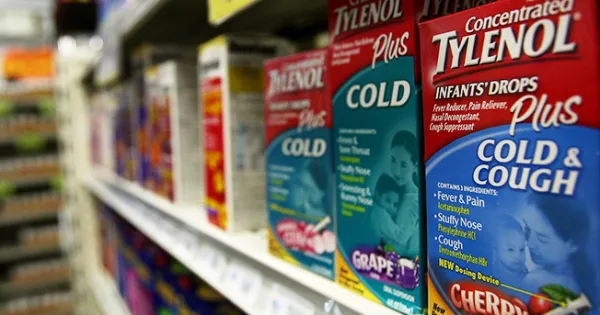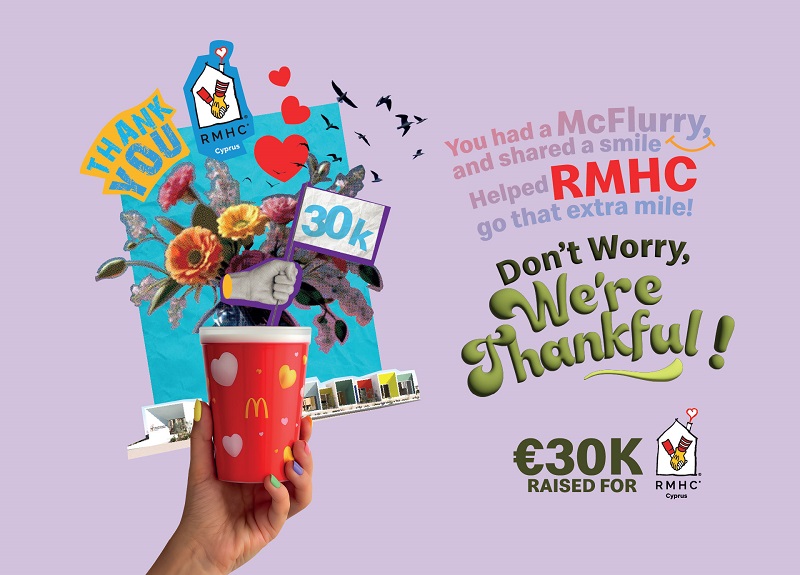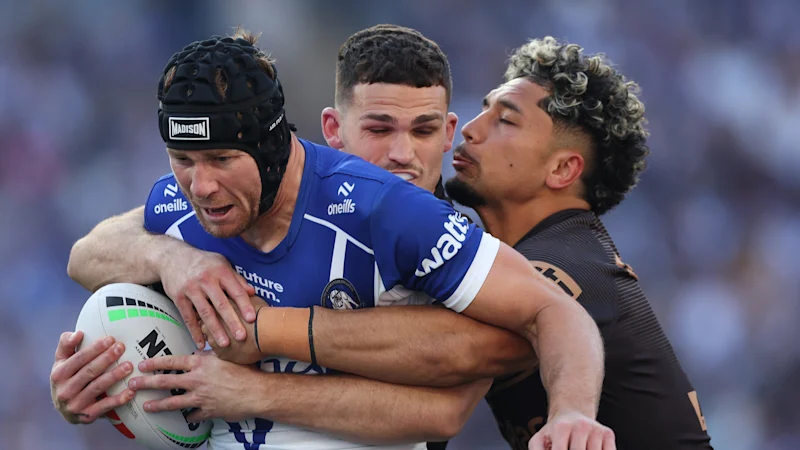
Mark Ritson is a former marketing professor, brand consultant and an award-winning columnist. He is also the founder of the MiniMBA in Marketing, a ten-week training program for senior managers who missed or have forgotten their marketing fundamentals. Sign up here.
President Trump has just given Kenvue, the maker of Tylenol, an almighty headache. Citing an unsubstantiated link to autism, the President made global headlines Monday by discouraging pregnant women from using the drug. Describing the situation as a “horrible, horrible crisis” and Tylenol as “not good,” Trump outlined plans to limit the drug’s future indications.
Medical experts and global health authorities have roundly rejected the claim, insisting that acetaminophen—the generic name for Tylenol—remains a safe and essential treatment for pregnant women.
But the fallout saw Kenvue, which also manufactures other staples like BAND-AID and Listerine, scrambling to respond as its share price dropped by almost 10% after Monday’s announcement.
It’s been common in recent years to cite all publicity as somehow good for brand building and sales. “Hey,” goes the inane argument, “at least people are talking about us, right?”
But while it’s certainly true that marketers have often overstated the perils of negative media coverage and the odd inconsistent moment, there is no doubt that certain crises can indeed hurt brand equity and seriously damage sales. Monday’s events are right up there on the pain index.
Indeed, it’s hard to conceive of a bigger or more potentially damaging moment. The criticism comes from the most powerful person in the country. One who commands global headlines whenever he speaks and who resorts to extreme positions when he does.
The criticism is also peculiarly targeted on the brand, not the category. President Trump, who struggled to pronounce acetaminophen on Monday, focused on the Tylenol brand instead and name checked it eight times. And then there is the direct contradiction of a brand built on safe, trusted pain relief suddenly declared a dangerous, risky cause of one of America’s most mysterious conditions.
Remarkably, this isn’t Tylenol’s first existential crisis. In 1982, seven Chicagoans died after taking cyanide-laced Tylenol, triggering mass panic and a near-total collapse in consumer confidence. Johnson & Johnson, then Tylenol’s parent, undertook what is now regarded as the textbook response: pulling 31 million bottles off shelves, halting all advertising, engaging the media with candor, and introducing tamper-proof packaging.
It became the classic playbook for modern crisis management—swift action, radical transparency, and consumer safety prioritized over cost. Within a year, Tylenol’s market share recovered completely, and the company’s reputation soared as an exemplar of corporate ethics. The company built the brand from its response to the crisis.
We can now expect a panic of crisis managers (yes, that’s the official term) quoting the events of 1982 and recommending that Tylenol once again take action immediately to acknowledge the problem and either counter or comply with the President’s claims.
But 2025 isn’t 1982. And medical misinformation from a politically motivated president isn’t the same as product tampering and customer fatalities.
Too often, brand strategy is conducted at breakneck speed, overly-focused on action and reaction. That’s not always wise. After all, strategy, according to Michael Porter, is the art of deciding what not to do.
When you break down case studies teaching MBA students, it’s imperative to supplement all the students’ frenzied suggestions with a final oft-forgotten option of doing nothing. This is still a strategic choice. And often the smart one.
Consider the advantages of inertia. Trump’s claim is so at odds with the scientific consensus, and so clearly political, that any direct engagement risks inadvertently elevating the controversy.
Tylenol is not in possession of new information; all previous studies have been reviewed ad nauseam by regulators worldwide.
The medical establishment, academic community, and international health agencies have already spoken in unison to debunk the assertion. A fresh statement from Tylenol would likely only refresh and legitimize a baseless news cycle.
If Tylenol plays along with the President, it could create a stigma in the mind of American consumers for a lifetime. Resisting the claims with data risks infuriating a president who, thanks to his mentor Roy Cohn, rewards resistance with a ten-fold escalation.
History teaches marketers that modern crises are not always best managed with immediate action, irrespective of the generic advice of crisis management gurus who play every crisis the same way.
Sometimes, letting the experts—and time—do the work is more effective, especially when a brand’s safety record is long-established and the accusation at hand is patently unscientific. By holding the line and letting the flurry of outrage expend itself, Tylenol stands to remind consumers of the dull power of expertise, not panic.
Sometimes, silence is not weakness but wisdom. And inaction does not always signify laziness or uncertainty. In an ironic twist: the bravest, wisest course for Tylenol may well be to endure the pain in silence.



